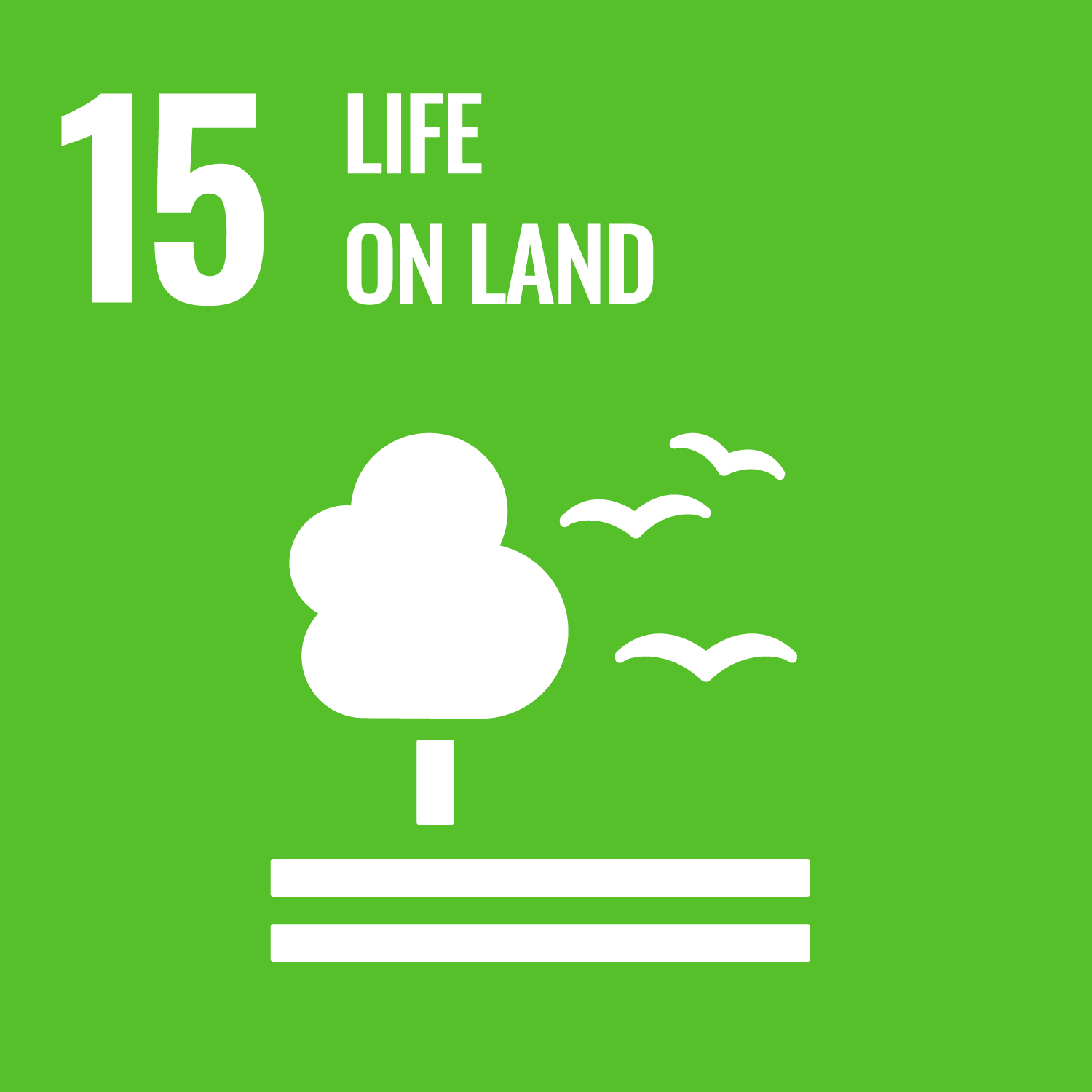The subject of “Environmental System” is extensive and deeply related to human life and society. The course requires students
to study their own research subject and write a thesis or complete design drawings under the direction of a supervising professor
and associate supervisor.
Students are expected to choose and set their own research subject regarding architecture, urbanism, environmental studies,
social science studies. Students should develop the idea, knowledge, technique collected in 4 years of study in the colledge,
write a thesis or complete design documents and make a presentation.
- Summarizes studies and educational experiences in the college, set out the appropriate research subject
- Execute logical thinking through assumption, research, experiment, and inspection on the selected subject
- Draw up an appropriate research summary on the subject and conclusion. Make a clear presentation to the audience including supervising professors
- Active and autonomous research attitude should be expected.
- Students are able to evaluate the themes and results of their own research not only from the perspective of their area of specialization, but also from global, cross-disciplinary, and interdisciplinary perspectives, using systems thinking to evaluate multiple aspects and explain the significance of their work.
Prof. Hitoshi NAKAMURA
Land use planning and environmental design for adapting to global climate change
Community-based environmental improvement activities in densely built-up areas
Spatial planning and community design for volcanic eruption risk reduction
Community-based long-term recovery process
Community design and social systems for adapting to super-aged society
New planning theory for urban and regional diversity and resilience
Land use planning and environmental design for adapting to global climate change
Community-based environmental improvement activities in densely built-up areas
Spatial planning and community design for volcanic eruption risk reduction
Community-based long-term recovery process
Community design and social systems for adapting to super-aged society
New planning theory for urban and regional diversity and resilience
| Activities, presentations, accomplishments, in each laboratory | Mid-term Review | Synopsis | Thesis | Presentation | Total. | |
|---|---|---|---|---|---|---|
| 1. | 5% | 5% | 5% | 5% | 5% | 25% |
| 2. | 5% | 5% | 5% | 5% | 5% | 25% |
| 3. | 5% | 5% | 5% | 5% | 5% | 25% |
| 4. | 5% | 5% | 5% | 5% | 5% | 25% |
| 5. | 0% | |||||
| Total. | 20% | 20% | 20% | 20% | 20% | - |
Evaluation should be done with the Activities, presentations, accomplishments, etc. in each laboratory, mid-term review, the
synopsis, the thesis and the presentation.
| ways of feedback | specific contents about "Other" |
|---|---|
| Feedback in the class |
- Laboratory seminar guided by the supervising professor
- 原則として、日曜日を除く
Regionally-oriented graduation thesis, master's thesis and doctoral dissertation
- Course that cultivates an ability for utilizing knowledge
- Course that cultivates a basic problem-solving skills
- Course that cultivates a basic self-management skills
| Work experience | Work experience and relevance to the course content if applicable |
|---|---|
| Applicable |










- 3.GOOD HEALTH AND WELL-BEING
- 4.QUALITY EDUCATION
- 9.INDUSTRY, INNOVATION AND INFRASTRUCTURE
- 10.REDUCED INEQUALITIES
- 11.SUSTAINABLE CITIES AND COMMUNITIES
- 12.RESPONSIBLE CONSUMPTION & PRODUCTION
- 13.CLIMATE ACTION
- 15.LIFE ON LAND
- 16.PEACE, JUSTICE AND STRONG INSTITUTIONS
- 17.PARTNERSHIPS FOR THE GOALS
Last modified : Sat Sep 09 06:28:42 JST 2023
